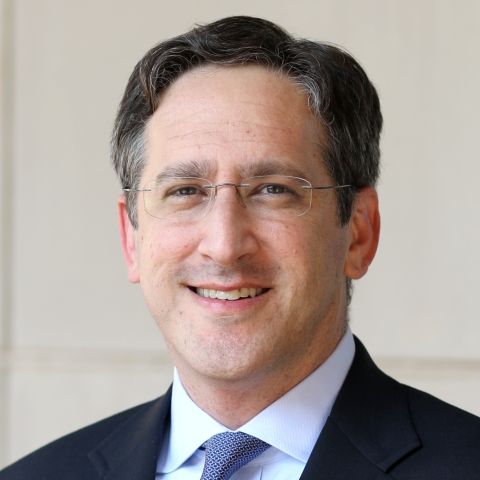

The Evolution of Hobby Lobby: The Arguments that Matter and How They Were Developed
How will the Supreme Court decide the question of religious exemptions in Hobby Lobby? We are not in the prediction business, and although we would like to think we have some sense of how the justices reason about these issues, there is no need to guess at the outcomes. We will all know soon enough. But in anticipating the Court’s decision, it is worth noting how fast this litigation has proceeded—from the trial court to the Supreme Court in 15 months—and how rapidly the legal arguments on both sides evolved during that very short time period. Whatever the Court decides, we are fairly confident that it will address issues that were not squarely presented in the lower courts. That the arguments in this case have developed in this way is notable—for the parties, for the lawyers involved, for academic commentators, and, we hope, for the justices as well.In its early stages, litigation over the so-called “contraception mandate” focused mainly on two issues. The first was whether corporations are “persons” for the purpose of claiming religious exemptions. This issue was often framed in terms of whether corporations have rights to religious free exercise, just as they have been deemed to have free speech rights in cases like Citizens United and its progenitors. The second issue was whether the government has a compelling interest in requiring employers to provide insurance coverage for the full range of FDA-approved contraception. Following the government’s arguments, the lower courts that addressed this issue focused mainly on concerns about public health and women’s equality